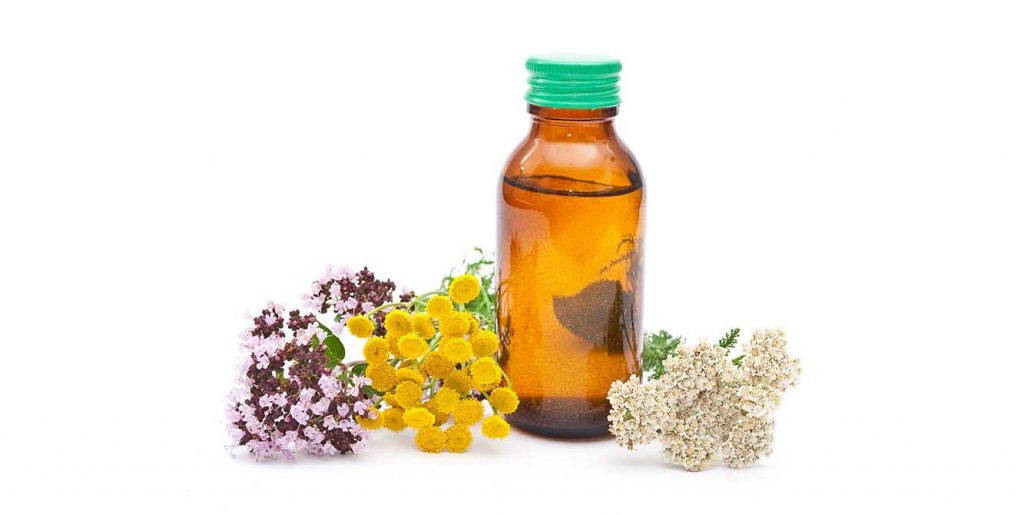By Kimberley Taylor
Your family may have been one of many who were affected by a particularly bad season of colds and flu last Winter.
According to the Australian Department of Health, the 2017 flu season recorded the highest number of cases since 2009. The outbreak not only lead to poor attendance in schools and in the workplace, it put extra pressure on our healthcare system with a twofold increase in the number of individuals admitted to hospital in comparison to past years.
The US is currently experiencing one of its worst flu seasons in almost a decade. So already many people are asking the question: how can I protect my family and myself from the flu and the common cold?
SUPPORTING IMMUNE HEALTH
There are some simple things we can do to support our immune health and prevent the spread of viral illness including:
- drinking more water
- hygiene – washing hands especially after using the bathroom, before meals and when handling food
- moderate exercise
- stress relief such as yoga, meditation, mindfulness
- a healthy, antioxidant rich diet
- herbal medicine and nutritional supplementation
Herbal Medicine has a lot to offer to assist in both preventing and restoring immune health. As the weather starts to get cooler, now is the time to take action to make sure your family has the tools it needs to support immune system health.
HERBAL MEDICINE FOR IMMUNE HEALTH
What are some clinically proven herbs that can be used to improve the health of you, and your family’s immune health?
Echinacea (Echinacea spp.)
Perhaps one of the most popular and well known herbs for immune health is Echinacea. It is a favourite amongst most naturopaths due to its wide range of uses, from sore throats to skin issues. Echinacea works by both enhancing and regulating immunity. It improves both the function and the responsiveness of the immune system. Echinacea also exhibits anti-inflammatory, anti-viral, antiseptic, and antibacterial properties.
Clinical trials have proved the effectiveness of Echinacea in preventing the common cold, decreasing the severity and duration of upper respiratory tract infections, and relieving the symptoms of colds and flu.
Baptisia (Baptisia tinctoria)
Another less known, but powerful immune enhancer is Baptisia, also known as Wild Indigo. Baptisia is indigenous to Canada and the United States and is used in the treatment of tonsillitis, pharyngitis, sinusitis, upper respiratory tract infection, pneumonia, and influenza.
As well as being an immune enhancer, Baptisia is useful in reducing fever and has a purifying effect on the body.
Baptisia can also be used for conditions such as mouth ulcers, boils, and gingivitis.
Thuja (Thuja occidentalis)
A native European conifer, Thuja has a long history of use in both Western herbal medicine and by the Native Americans who used it as a remedy for cough, headache, and to manage fever.
Thuja is anti-microbial, anti-fungal, and antiviral making it an excellent herb for both treating and preventing respiratory tract infections such as the common cold, especially when combined with Echinacea and Baptisia.
Thuja is also helpful in treating acute sinusitis and can be used topically to treat warts and fungal infections.
WHEN TO GET HELP
Most viruses and colds can be managed at home. However, if you or a family member is experiencing more severe symptoms such as extreme drowsiness, a high temperature for a prolonged period of time, or a refusal to eat or take fluids, see your health care professional for further advice.
The dreaded flu season can be a difficult time for some families but with the right tools and information on boosting immune health, we can make this year a healthier one. So, let’s try to lower the statistics by taking action to support our immune health now!
Kimberley Taylor is a Naturopath & Nutritionist with a Bachelor of Health Science (Naturopathy) and Advanced Diploma in Herbal Medicine. She is a practitioner at www.peninsulaherbaldispensary.com.au
For more info on the benefits of echinacea, baptisia, and thuja visit www.esberitox.com.au

